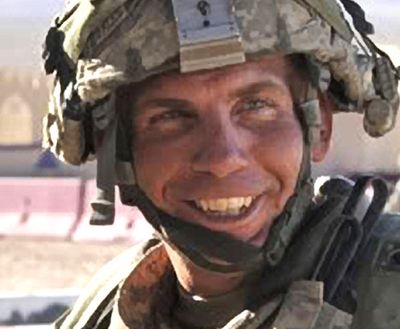Soldier in killings took controversial drug, lawyer says

SEATTLE – The lawyer for the American soldier who killed 16 Afghan civilians says Staff Sgt. Robert Bales used a controversial malarial drug linked to paranoia, hallucinations and psychosis while on a previous deployment in Iraq.
The Seattle Times reported that it’s unclear whether Bales took the same drug in the days leading up to the slayings last year near a remote Army outpost in Afghanistan.
The U.S. Food and Drug Administration earlier this month released a 2012 “adverse event” notification from a pharmacist who reported that an unnamed Army soldier taking mefloquine murdered Afghan civilians. Bales’ attorney, John Henry Browne, told the Times that he has documents indicating his client took the drug while in Iraq, but said medical records for his client’s time in Afghanistan are incomplete.
“We know that he was given Lariam while in Iraq,” Browne said, referring to the drug’s brand name. “We just don’t have a complete set of medical records for that period (in Afghanistan). (Bales) can’t help us. He just says he took ‘whatever they gave me.’ ”
Bales pleaded guilty to the killings last month. A jury will decide in August whether the soldier is sentenced to life with or without the possibility of parole.
Browne declined to say whether he would raise Bales’ use of mefloquine as a possible contributing factor to his crimes.
The lawyer said he had no indication that the pharmacist’s notification was filed by anyone with direct knowledge of Bales’ use of the drug in Afghanistan. Army officials have not commented on whether Bales took mefloquine in Afghanistan, citing confidentiality laws that protect a patient’s records.
Bales, an Ohio native and father of two from Lake Tapps, Wash., slipped away from his remote southern Afghanistan outpost at Camp Belambay early on March 11, 2012, and attacked compounds in nearby villages.
Most of the victims were women and children, and some of the bodies were piled and burned. The slayings drew such angry protests that the U.S. temporarily stopped combat operations in Afghanistan.